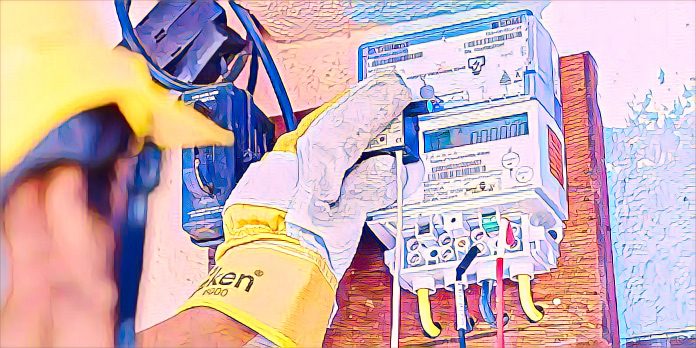Kaduna Electric, one of Nigeria’s leading electricity distribution companies, has increased the electricity tariff for its Band A customers. The new rate, which increased from N206.80 per kilowatt-hour to N209.5 per kilowatt-hour, became effective as of July 1, 2024. This adjustment applies to both prepaid and postpaid customers serviced under Band A feeders, which are known for their higher reliability and longer daily power availability.
The announcement was made through a notice from Abdulazeez Abdullahi, Head of Corporate Communications at Kaduna Electric. He informed customers about the revised rates, marking a slight but significant increase in the cost of electricity for a substantial segment of their consumer base. This update was publicly released on July 3, 2024, ensuring all stakeholders were aware of the change.
The Nigerian Labour Congress (NLC) has started protests in response to this rate increase. The NLC is calling for a reversal of the recently announced rates and expressing its concerns about what it sees as discriminatory pricing. This demonstration brings attention to the continuous disputes over electricity prices that exist between customers and utility companies.
Minister of Power Adebayo Adelabu addressed the issue and defended the new tariff in response to the criticism. He clarified that even with the rise, Band A rates are still more affordable than self-generated power, which is a popular choice among Nigerians because grid electricity is inconsistent. Minister Adelabu asserts that Band A feeders are essential since they supply 40% of the electricity used within the Nigerian Electricity Supply Industry (NESI).
The tariff adjustment by Kaduna Electric could potentially set a precedent for other electricity Distribution Companies (DisCos) across Nigeria, who might consider similar increases due to rising operational costs and the need to invest in infrastructure improvements. Such changes are essential for enhancing the stability and capacity of Nigeria’s power supply but often come with heightened scrutiny and public resistance.
Additionally, Kaduna Electric has guaranteed its clients that there would not be any adjustments to the rates for Bands B, C, D, and E in spite of the hike in Band A rates. Customers impacted by the Band A rate increase can also anticipate a strong power supply for 20 to 24 hours per day, which further demonstrates the company’s dedication to delivering dependable electricity in spite of the cost modifications.
The demonstrations that have followed this tariff rise are part of a larger effort in Nigeria to strike a balance between the country’s need for sustainable energy practices and the reality of everyday life.



